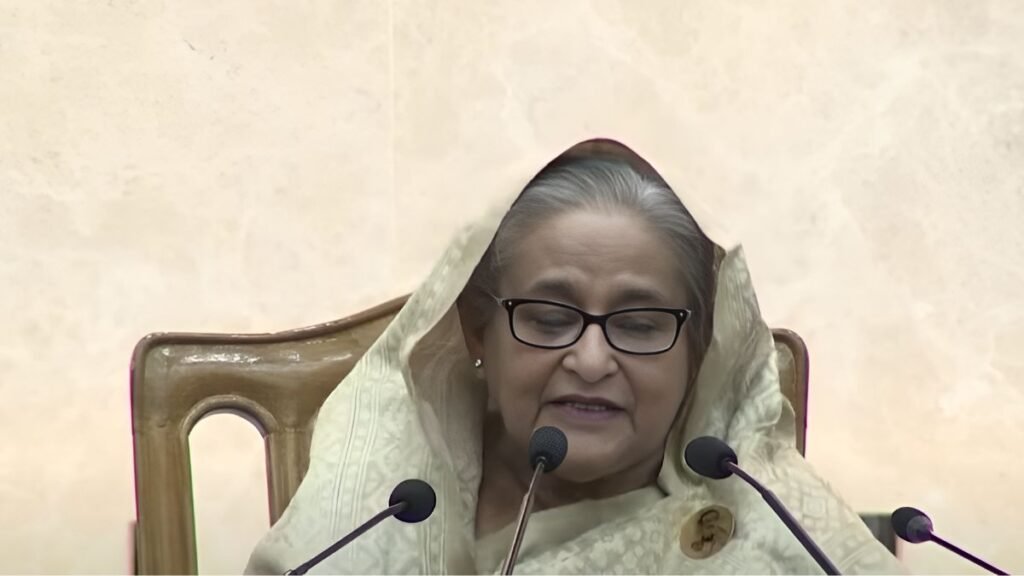In a dramatic turn of events, Bangladesh Prime Minister Sheikh Hasina has resigned and left the country, with her destination currently unknown. This development follows weeks of escalating protests and violence, culminating in thousands of demonstrators storming the Prime Minister’s residence.
According to on-the-ground reports, there is a jubilant atmosphere in the streets, with people celebrating, hugging, and exchanging garlands. This has led many to believe that Sheikh Hasina has indeed stepped down from her position.
These events mark a significant moment in Bangladesh’s political landscape. Sheikh Hasina, who won her fourth term in January’s elections, has faced ongoing controversy and accusations of authoritarianism. The recent protests began about a month ago, initially led by students demanding the end of job quotas for government positions. Despite the Supreme Court overturning these quotas, the protests swelled into a broader anti-government movement.
The situation escalated further on Sunday when at least 90 people were killed and hundreds more injured in clashes between police and anti-government protesters. The death toll included at least 13 police officers.
Sheikh Hasina’s government has been criticized for its harsh crackdown on the opposition and the legitimacy of the recent elections, which the main opposition party did not contest. This has raised significant questions about democracy and governance in Bangladesh.
As protesters storm the Prime Minister’s residence, reports suggest that Sheikh Hasina and her sister have fled to a safer location, with speculation that they may seek refuge in India. The swift and unexpected collapse of the government’s security infrastructure has led to questions about the loyalty of the military and potential power shifts within the country.
The future political landscape of Bangladesh remains uncertain. With Sheikh Hasina’s departure, there are concerns about a potential power vacuum and the emergence of military rule until a new government is formed. The situation on the ground is fluid, with further developments expected as the nation navigates this unprecedented crisis.

